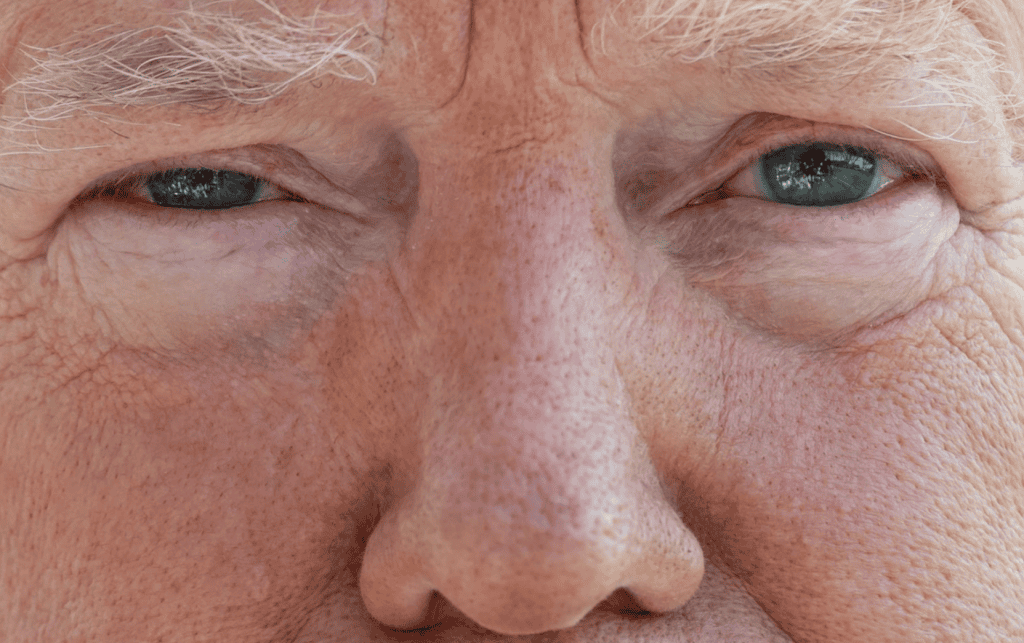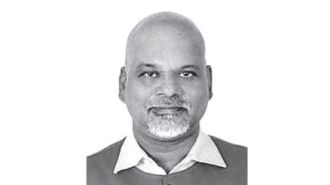Trump Trial Verdict
Today the closing arguments will be completed in the New York City show trial of Donald J Trump, former President of the United States and current presumptive nominee of the Republican Party as its candidate for re-election to his former job.
After closing arguments, the judge will instruct the jury as to its charge to deliberate and decide the charges against Donald Trump.
Then, the jury will begin and conclude its deliberations.
The Trial and the Jury
During the trial upon 34 counts of “falsification of business records” in the first degree, the jury has heard from more than 20 witnesses and reviewed more than 250 trial exhibits.
The trial has been contentious and, undoubtedly, each individual juror has picked a favorite in the clubhouse, but must now deliberate together in secret to arrive at a verdict.
The Judge’s Jury Charge
The judge, who has arguably placed a heavy, supporting hand on the prosecution’s case, will charge the jury and I would expect his charge to be similar to his conduct of the trial — that is, favoring the prosecution.
The talking heads will be chattering like fiends as soon as the jury charge is made. It will be monumental.
Objectively, the jury has only a limited number of possibilities:
1. The jury can find that the prosecution failed to meet its burden and that Donald Trump is “not guilty” of all charges.
2. The jury can find that the prosecution met its burden and Donald Trump is guilty of all charges.
3. The jury can find the prosecution failed to meet its burden on some and met its burden on others of the 34 charges — this is highly unlikely as the charges are similar and pertain to 11 invoices, 11 checks, and 12 general ledger entries.
I expect this judge to totally screw up the jury charge in his attempt to favor the prosecution. Many trials that are overturned on appeal are overturned because of predjudicial jury charges.
The Jury’s Deliberation Process
The jury will elect a foreman/woman to manage the deliberation process. The jury must arrive at an unanimous verdict “beyond a reasonable doubt.” That is a high standard.
To convict Trump, the jury must unanimously conclude that:
1. Trump falsified business records;
2. Trump falsified those business records with the intent to defraud; and,
3. Trump falsified those business records with the intent to conceal some other crime.
The jury must agree on all three elements. If they were to agree on #1 and #2, but not #3, then the alleged crime is not a felony, but a misdemeanor (falsification of records in the second degree) which has a 2 year statute of limitations that has already expired.
None of the salacious evidence — I cannot imagine why this judge allowed any of it in, but we know why — such as banging porn stars, banging Playboy bunnies, NDAs (non-disclosure agreements), paying “hush money,” or killing unflattering stories is illegal or criminal. Only the three elements outlined above put Trump in jeopardy.
The business records were created after the election, so the notion the business records were falsified to somehow influence the election is timing flawed.
If there is a single juror who is unpersuaded by the prosecution’s case, and does not vote for conviction, then the result is called a “hung jury.”
In the event of a hung jury, the prosecution can re-try the case. Haha. Sorry.
Uhhh, Big Red Car, prediction?
I will now predict the jury’s deliberation outcome. May I have a drum roll, please.
The verdict will be a hung jury and Trump will roar like a lion.
But, hey, what the Hell do I know anyway? I’m just a Big Red Car.








